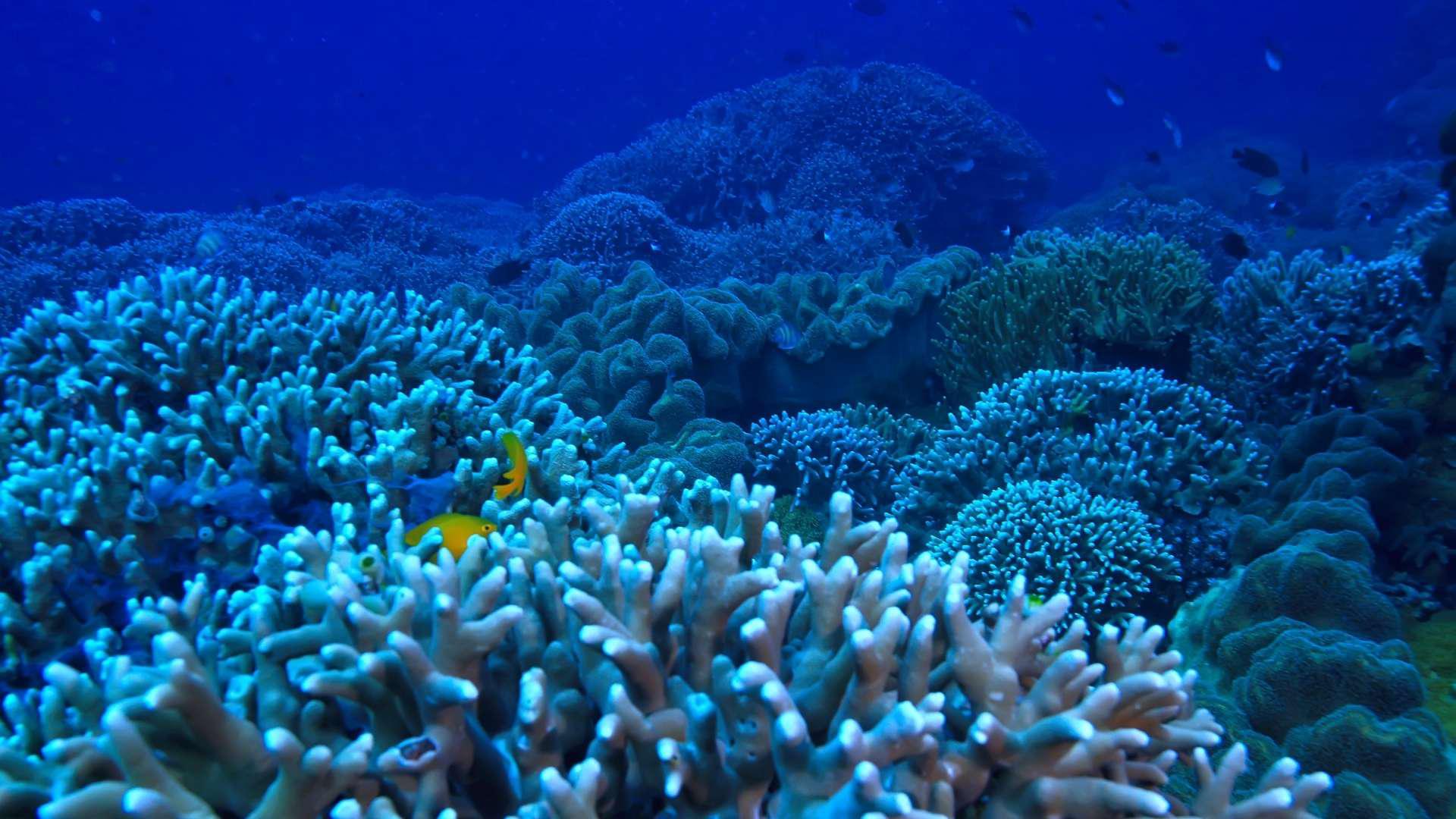The oceans, covering over 70% of our planet, are vital for the health of the Earth's ecosystems and its inhabitants. It's everybody’s responsibility to protect and conserve these precious environments. Marine electronics play a crucial role in this effort
1. Precise Navigation and Reduced Fuel Consumption
Modern navigation systems equipped with GPS and advanced chart plotters not only make boating safer but also more efficient. By helping vessels navigate the shortest and most fuel-efficient routes, these systems reduce fuel consumption and minimize carbon emissions. This leads to a lower ecological footprint, a key element in marine environmental conservation.
2. Emission Monitoring and Compliance
Marine electronics have the capability to monitor and report emissions from vessels, helping enforce environmental regulations and standards. By ensuring compliance with emission limits and pollution control measures, these systems contribute to cleaner oceans and reduced marine pollution.
3. Sustainable Fishing Practices
For the fishing industry, marine electronics are essential tools for practicing sustainable and responsible fishing. Fishfinders, sonar systems, and echo sounders help fishermen target specific species and avoid unintentional bycatch. This precision fishing reduces overfishing and promotes the long-term health of marine ecosystems.
4. Marine Weather Forecasting and Disaster Preparedness
Accurate weather forecasting provided by marine electronics is not only crucial for safety but also for environmental conservation. By predicting severe weather events like hurricanes and tsunamis, these systems allow for early evacuation and disaster preparedness, minimizing the ecological impact of such events.
5. Oceanographic Research
Advanced marine electronics are used in oceanographic research to collect data on water temperature, salinity, and other vital parameters. This research is essential for understanding the impacts of climate change on marine ecosystems and helps conservationists make informed decisions to protect vulnerable species and habitats.
6. Real-time Environmental Monitoring
Marine electronics enable real-time monitoring of environmental conditions in oceans and coastal areas. This includes tracking water quality, detecting harmful algal blooms, and assessing the health of coral reefs. This data is invaluable for addressing environmental issues promptly and implementing conservation strategies.
7. Efficient Search and Rescue Operations
In emergencies, marine electronics like emergency beacons (EPIRB) and communication systems are lifesaving tools. By facilitating swift and precise search and rescue operations, these technologies help protect both human lives and the marine environment.
Conclusion
Marine electronics are not just tools for navigation and communication; they are also powerful allies in the ongoing battle to conserve our oceans and protect marine ecosystems. Their role in promoting sustainable practices, monitoring environmental conditions, and mitigating the impact of human activities on the seas is invaluable. As technology continues to advance, marine electronics will play an increasingly vital role in preserving the natural wonders of our oceans for future generations. By embracing these technologies and using them responsibly, we can take meaningful steps toward a more sustainable and environmentally conscious maritime industry.
